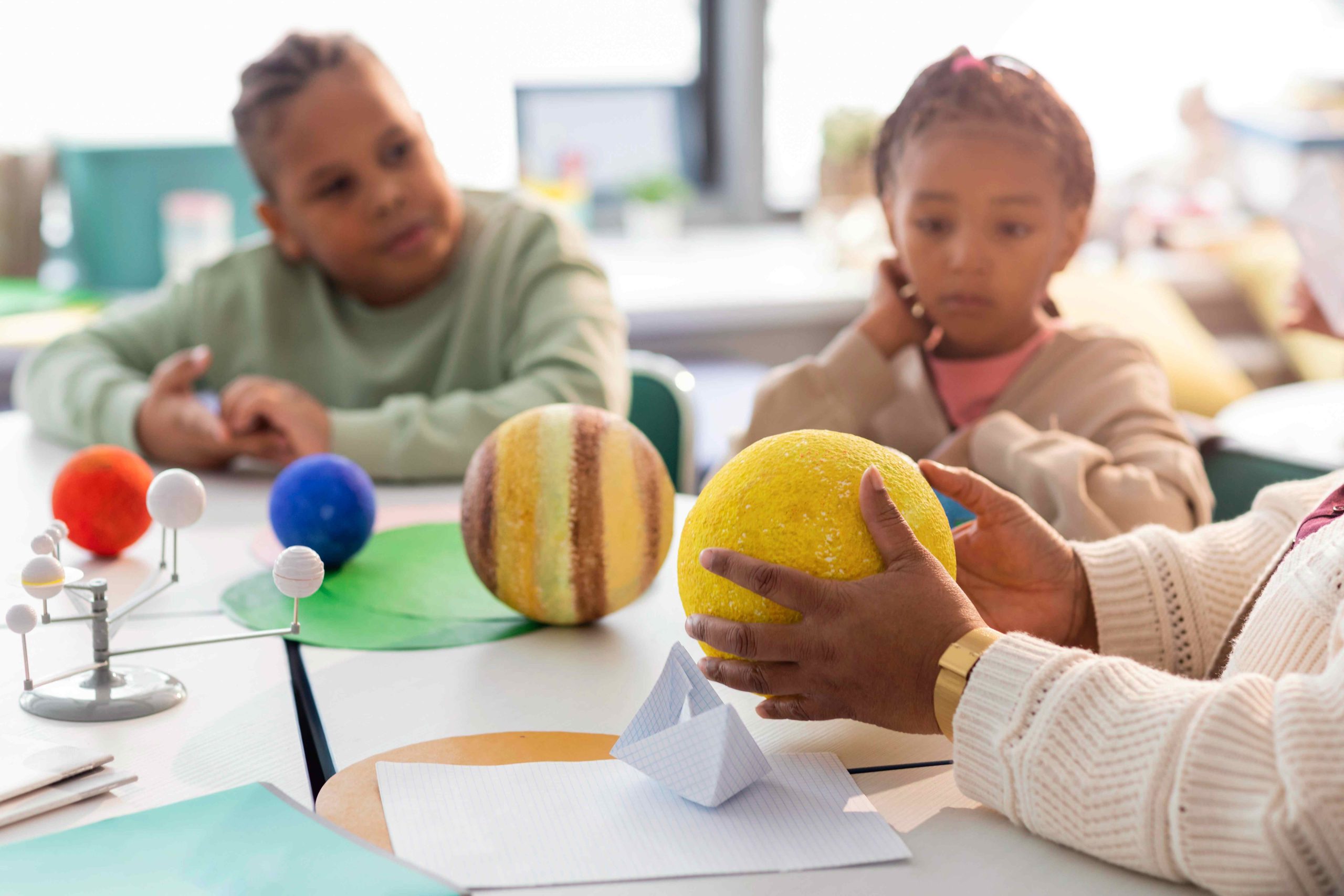
Can Preschoolers Learn to Read? Understanding Early Literacy Development
One of the most crucial skills for young children to develop is reading. However, many parents often question whether their toddlers can truly grasp reading at such a young age. While it’s natural to wonder about a four-year-old’s reading ability, the answer isn’t straightforward. Each child is unique, and their readiness to learn varies. In this article, we will explore the foundational skills necessary for preschoolers to become proficient readers.
Developing Pre-literacy Skills
Before diving into reading, preschoolers need to acquire pre-literacy skills to understand and communicate effectively. These skills include listening, speaking, and understanding language. Engaging in activities like reading aloud, conversing, and playing with language can help develop these crucial skills. For instance, rhyming games, singing, and reciting nursery rhymes foster phonological awareness, a vital pre-literacy skill.
Understanding Phonics
Phonics, the relationship between sounds and letters, is essential for successful reading. Parents and caregivers can aid preschoolers in connecting sounds to letters through games and activities. Playing letter recognition games, sounding out words, and exploring alphabet books are effective ways to develop phonics skills.
The Role of Play in Literacy Development
Play is integral to a preschooler’s development and can also enhance literacy skills. Activities like playing with alphabet blocks, storytelling with puppets, and drawing while discussing themes can foster literacy skills in an engaging manner.
Reading Aloud and Writing
Reading aloud to preschoolers cultivates a love for reading and enhances literacy skills. Caregivers can select age-appropriate books to read aloud, promoting listening skills and attention span. Moreover, providing opportunities for drawing, writing letters, and creating stories helps develop writing skills.
Conclusion
In conclusion, while the question of whether a four-year-old can read may lack a straightforward answer, it’s evident that early literacy development is multifaceted and requires diverse abilities and experiences. From phonological awareness to comprehension, and from vocabulary development to reading fluency, nurturing literacy skills is an ongoing process that demands continual support from parents and caregivers.
Beyond foundational skills, literacy development fosters social, emotional, and cultural awareness in preschoolers. Exposure to diverse stories and viewpoints encourages empathy and compassion. Recognizing the crucial role of caregivers in fostering literacy, we must provide ample opportunities for engagement with language, reading, and writing to promote lifelong literacy skills and a love for learning.
While literacy development varies for each child, providing a rich environment filled with language, reading materials, and writing opportunities can support their journey toward becoming proficient readers. By embracing the lifelong nature of literacy development and nurturing a love for reading and writing, we empower preschoolers to embark on a journey of continuous learning and growth.


